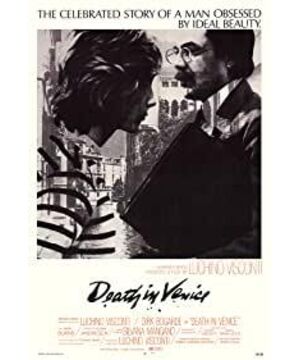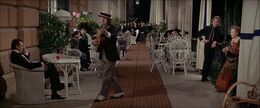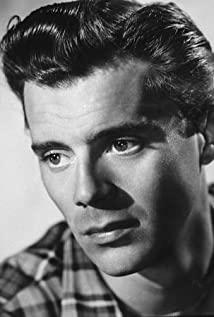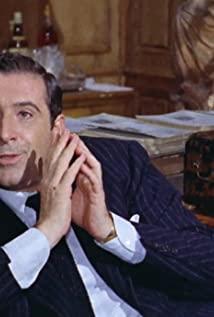Der Tod in Venedig, the soul of Venice. This translation is really good - Gustav Asenbach's soul is lost in Venice. This sentence alone connects the propositions of art, beauty and death.
I don't want to talk about Tolsman's metaphors and allusions, I don't want to talk about Visconti's carefully set details, I don't want to talk about Mahler's movements, I just want to talk about the final scene of the film - which gave me the most intuitive impact climax ending.
There was a huge reflection of the sun on the sea, and the godly handsome boy walked into the depths of the sea. Gustav still stared at Tazio's back with a familiar gesture, and stared at death like that. I can't help but think of the sentence in the book: The sun shines brightly and dazzles the eyes, it confuses the intellect and the memory, it makes the soul get carried away in pursuit of pleasure, and obsessed with the most beautiful things it illuminates.
The ultimate beauty leads to destruction. In Venice during the time of cholera, Tazio was Apollo in the rotten smell of death. Gustave's fascination with the beautiful boy was guided by the spirit of Dionysus. It is the naked stare and staring at each other, the long wandering behind the figure, the trembling hand when touching the blond hair, the peeping in the candlelight of the church, and the sadness that pushes away the old man's portrait in the mirror.
As Wilde said, love can break into any prison in any world. The pursuit and fascination with beauty have opened and shattered the moral niche hanging in the artist's heart. He finally had to admit that beauty existed before the artist's vision.
At this moment in Venice, he is loyal to his senses.
View more about Death in Venice reviews











